Handling and installing Teflon cables require specific considerations and precautions due to the unique properties of Teflon as a material. Teflon is known for its excellent chemical resistance, high temperature stability, and low friction, making it a popular choice for cable insulation in various applications. Here are some important considerations when working with Teflon cables:
Temperature Sensitivity:
Teflon has a high melting point, but it can be sensitive to excessive heat during installation. Avoid overheating Teflon cables, as this can lead to degradation of the insulation. Follow the manufacturer's guidelines for temperature limits during installation.
Avoid Sharp Bends and Kinking:
Teflon cables are somewhat rigid compared to other cable materials. Avoid sharp bends and kinking during installation, as this can cause damage to the insulation. Use proper bending radii to prevent stress on the cable.
Gentle Handling:
Handle Teflon cables with care to avoid abrasions or damage to the insulation. While Teflon is durable, it can still be susceptible to mechanical damage if handled roughly.
Chemical Compatibility:
Teflon is highly resistant to chemicals, but it's essential to ensure compatibility with specific substances present in the environment. Verify that the cable is suitable for the intended application and will not be exposed to chemicals that could adversely affect the Teflon insulation.
Appropriate Tools:
Use tools specifically designed for working with Teflon cables to prevent damage. Teflon insulation can be more challenging to strip than some other materials, so using appropriate stripping tools ensures a clean and precise cut without compromising the integrity of the cable.
Avoid Contact with Solvents:
Teflon is generally resistant to solvents, but prolonged exposure to certain aggressive solvents may affect the insulation. Avoid contact with solvents, especially during installation or maintenance.
Termination Techniques:
Follow the recommended termination techniques provided by the cable manufacturer. Teflon cables may have specific requirements for termination to ensure a reliable and secure connection.
Shielding Considerations:
If the Teflon cable has shielding, pay attention to proper grounding and termination of the shield. This is crucial for applications requiring electromagnetic interference (EMI) protection.
Electrical Considerations:
Teflon is an excellent insulator, but it's important to consider the electrical characteristics of the cable, such as voltage ratings and impedance. Ensure that the Teflon cable meets the electrical requirements of the application.

 ENGLISH
ENGLISH 简体中文
简体中文 GERMAN
GERMAN SPAIN
SPAIN
 +86 181-5747-1135
+86 181-5747-1135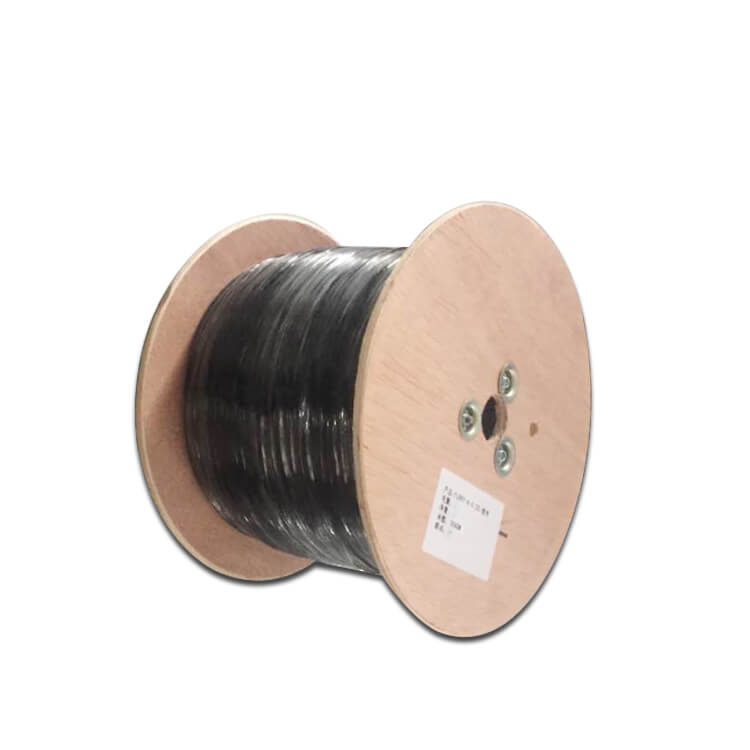
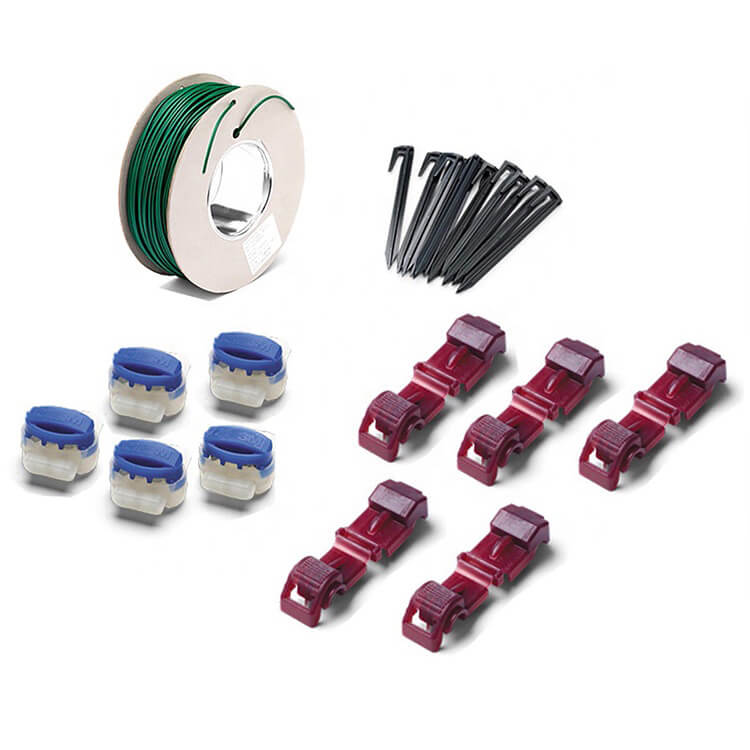
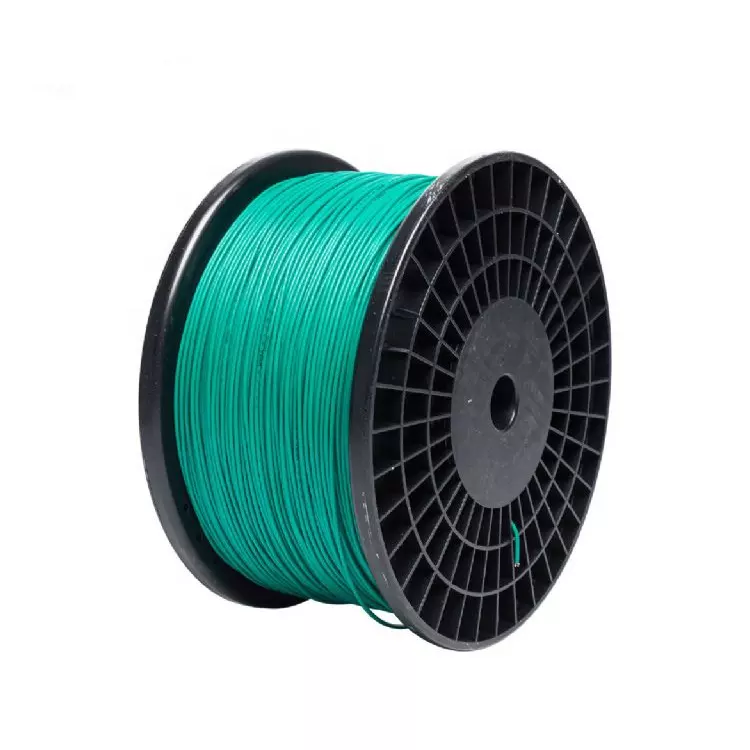



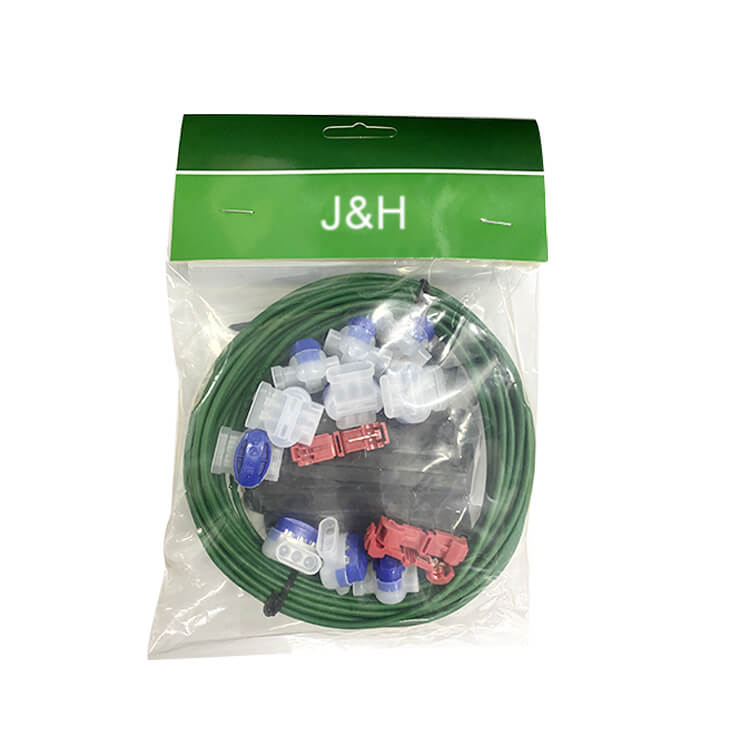
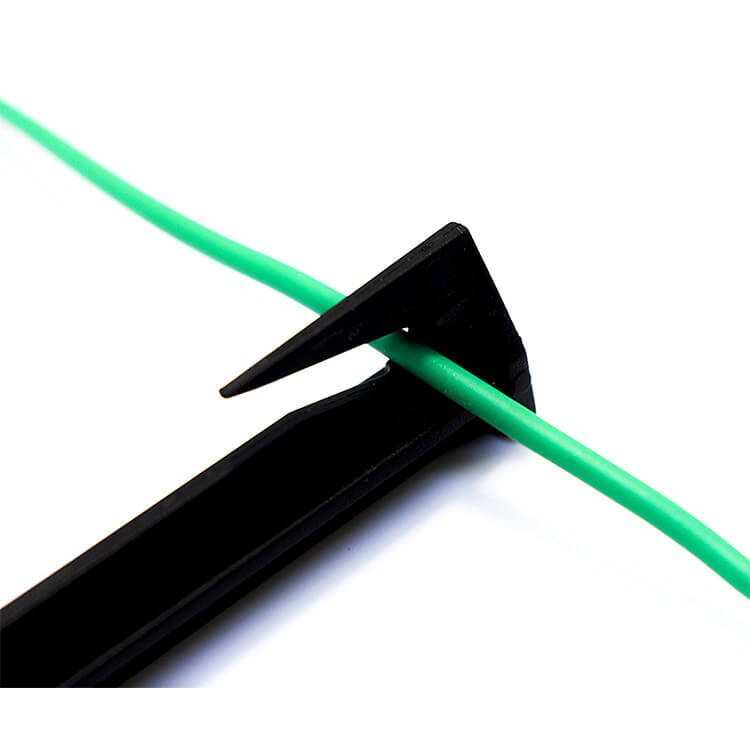
 Abroad:+86 181 5747 1135
Abroad:+86 181 5747 1135 FAX: +86 574 8900 7636
FAX: +86 574 8900 7636 E-mail:
E-mail: 

 read the map
read the map

